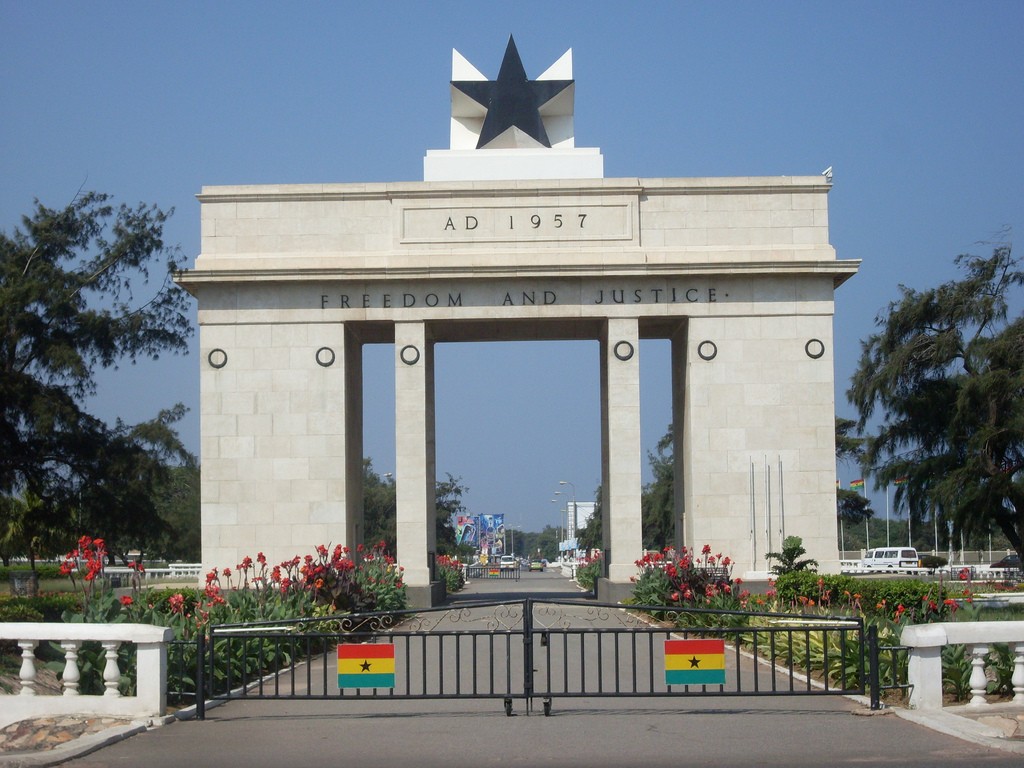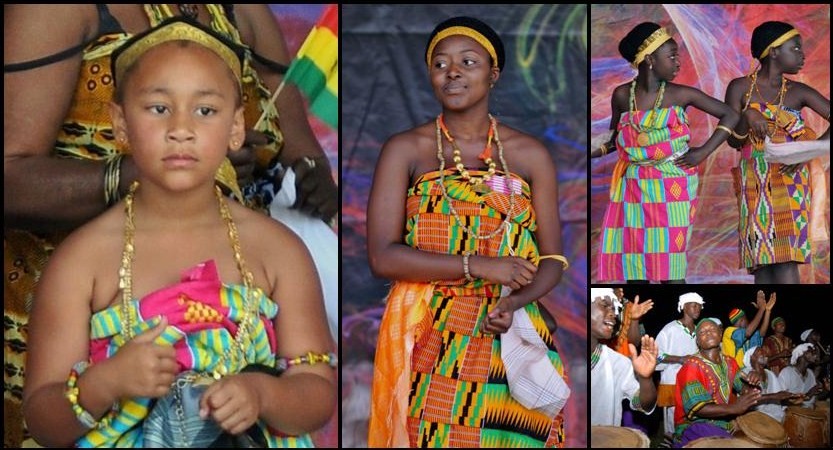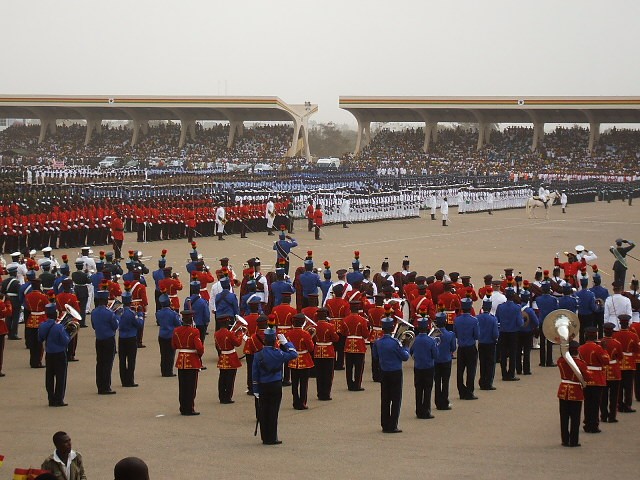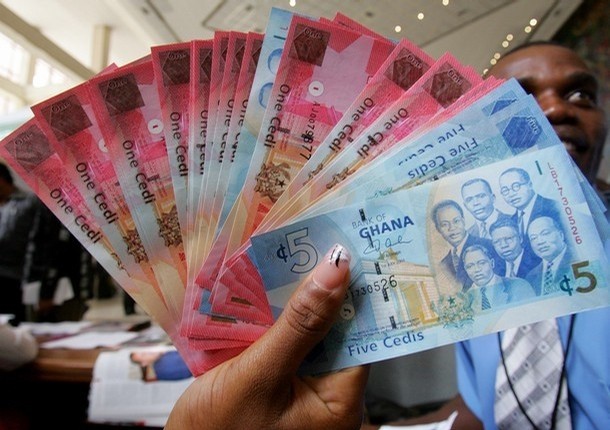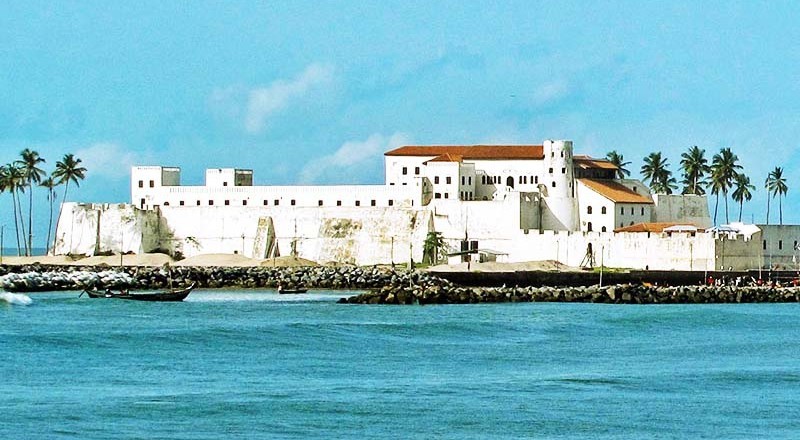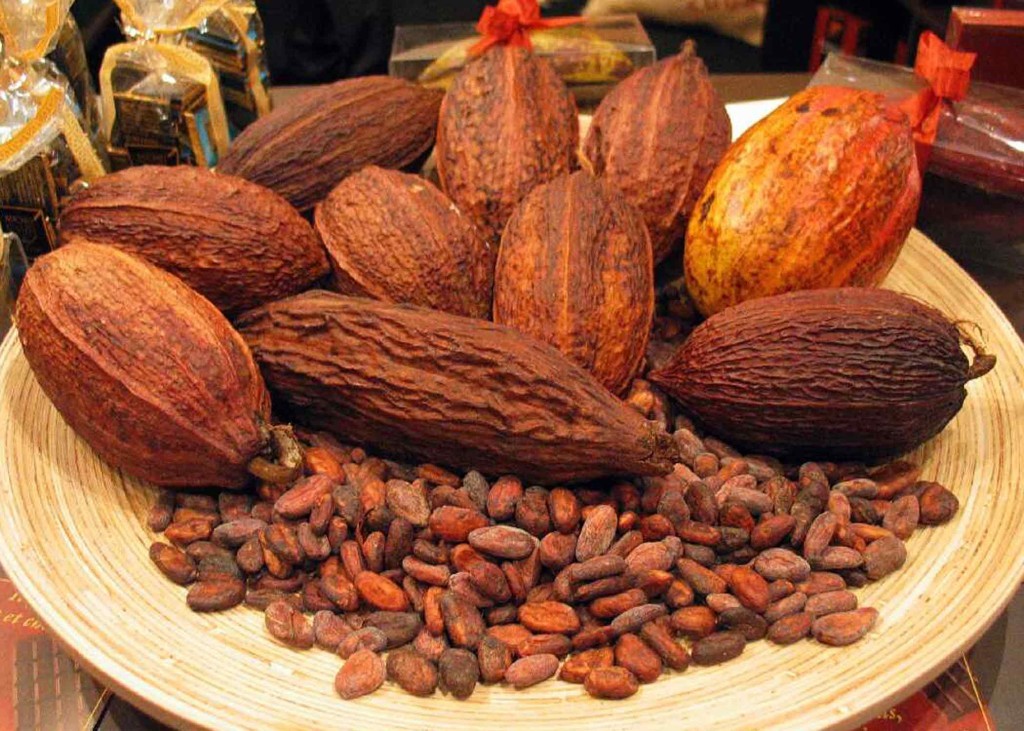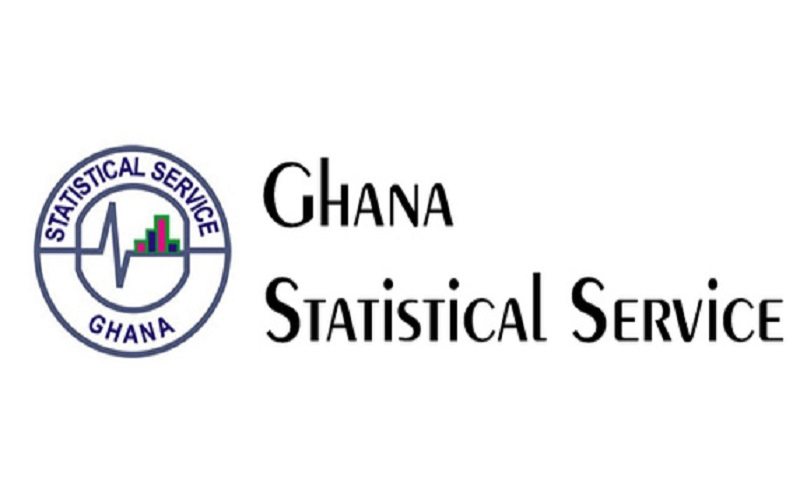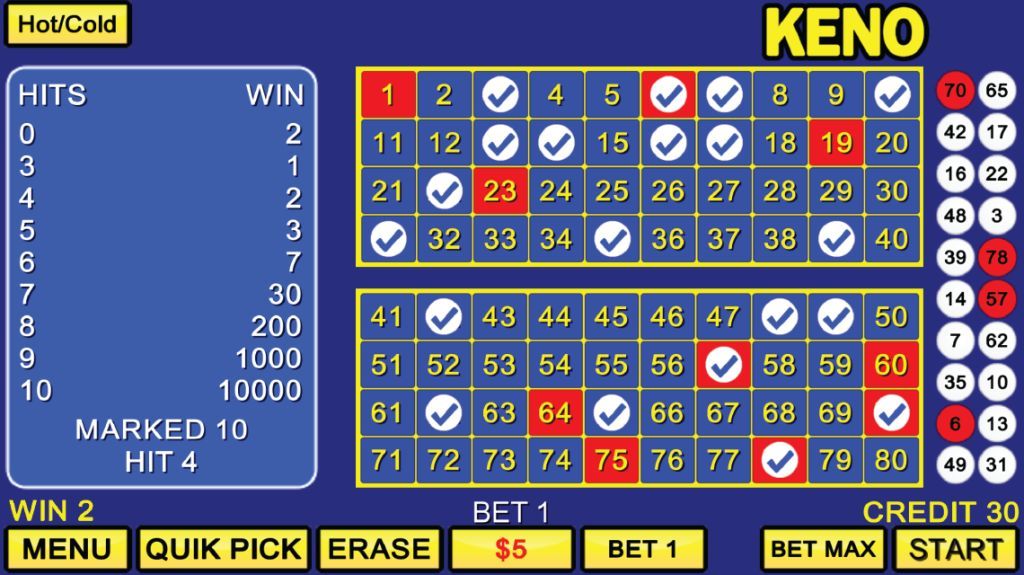Image courtesy of EnzoRivos, under wikipedia commons
1. Ghana Facts – Recent History and Politics of Ghana
Ghana, formerly known as the Gold Coast, was the first country in sub-Saharan Africa to gain her independence from colonialism. She gained her independence on March 6, 1957. Initially settled by Africans, Ghana was occupied by Europeans since 1492, but it was not until 1874 that external rule was imposed. Britain claimed a land strip that extended less than 50 kilometers inland, naming it the Gold Coast because the Ghana Empire was built on trade in salt and gold. It was under the leadership of Kwame Nkrumah, who became the first Prime Minister of the Gold Coast in 1951, that the gold Coast gained her independence and was also renamed Ghana, which means warrior king. The black star in Ghana’s flag was adopted from legendary Pan African leader Marcus Garvey’s Universal Negro Improvement Association and African Communities League, which had the Black Star Line Steamship company. In 1991, a multiparty democracy and constitution was introduced, with Jerry Rawlings winning the first ever democratic elections in 1992.
Originally uploaded to Flickr as Ghana’s 50th Independence Anniversary national parade. (Golden Jubilee)
2. Climatic Facts about Ghana
Ghana is essentially a tropical country, and location of the South Western part is in the warm and wet forest zone. The capital Accra is located within the dry equatorial zones, and Kumasi in the west savanna. The range of rainy season in northern Ghana is April to October, while the rest of the year remains hot and dry. In South Ghana, it rains from April to June and then from September to October.
3. Ghana Currency
The official currency is the Ghana Cedi, converting to about $ 0.23 for 1 GC. Despite the currency being denominated in July 2007, most street vendors and traders still operate in terms of the defunct old Cedi, quoting prices by the thousands much to the chagrin of the new currency users.
4. Oil Discovery in Ghana
In 2007, oil was discovered off the Ghana coast. In layman’s terms, the country may take roughly 38% of the oil to be pumped, in oil or in cash. After production commences, 200, 000 barrels could be produced daily, giving the nation approximately $1.6 billion in total revenue annually.
5. The Elmina Castle
One other fascinating fact about Ghana is the Elmina Castle.Ghana boasts Elmina Castle, the oldest European building within sub-Saharan Africa. It was built by the Portuguese in 1482 and is located in the central region on the Atlantic shores. The Portuguese named it Elmina, which means the gold mines, due to the abundant supply of gold found along the coasts of modern day Ghana. Sadly, the Castle was at the center of the Trans-Atlantic slave trade, used to store slaves about to be taken to America. See: 10 Best Places To Visit in Accra
6. Kejetia Market
Kejetia market is the largest open air market in West Africa, located in Kumasi, the Ashanti region’s capital. Everything under the Ghanaian sun can be found there, from local crafts such as cloth, sandals and beads, to second-hand clothing and jeans. There are also meat corners and a wide variety of fruits and vegetables.
7. Freedom of Worship in Ghana
In Ghana, freedom of worship is a constitutional right. There is virtually no conflict at all between Muslims, Christians, traditionalists as well as other minority religions. In fact, children in school are taught to tolerate others from different religions.
8. Corruption Index of Ghana
In terms of corruption, Transparency International ranked Ghana in position 67 during the 2008 Corruption Perceptions Index. In comparison, New Zealand, Denmark and Sweden were ranked equal first as the least corrupt, while Somalia is the most corrupt country at position 180.
9. The Economy
Ghana is well-endowed with natural resources and has about twice the per capita output of West Africa’s poorest countries. Despite this fact, the country still depends heavily on international technical and financial assistance. The main sources of foreign exchange are cocoa and gold production. After Ivory Coast, Ghana produces the second most cocoa beans in the world.
10. Ghana’s Ranking on the Global Peace Index
Ghana is Africa’s most peaceful country according to the Global Peace Index, having been ranked 40th in the world. By comparison, African countries like Somalia and Sudan are ranked 139 and 140 respectively.
